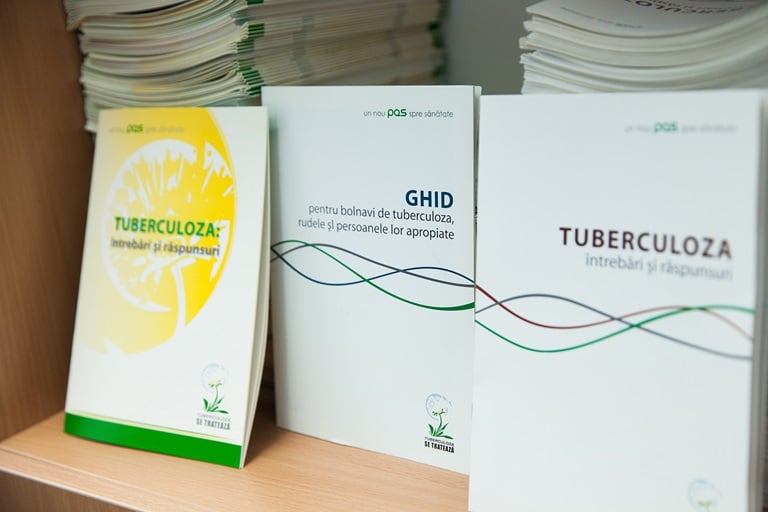Montenegro - WHO European Primary Health Care Impact, Performance and Capacity Tool (PHC-IMPACT) (2020)
-(2020).tmb-479v.png?sfvrsn=aa95392_1)
Overview
This study examines the structures, performance and impact of primary health care in Montenegro to inform policy decision-making. It applies mixed methods to bring together a range of sources and types of data, including:
- international and national database data;
- available reporting and policy documents on Montenegro’s health system;
- insights from key informant interviews;
- responses from a survey of practitioners on the model and functioning of primary care; and
- a consensus-building workshop on findings.
The study signals a high burden of cardiovascular diseases and cancer among other noncommunicable diseases for which primary care has an important role to play: in particular, for early detection and risk factor management. Estimates of avoidable hospitalizations for conditions amenable to primary care further underscore the potential for improving primary care performance.
By describing existing structures, the study describes the current scope of services provision and the organization and roles of primary care practitioners. The study finds opportunities to extend the range of services in particular for initial risk assessment and diagnostics and makes the case for optimizing the scope of practice of general practitioners (chosen doctors) and nurses working in primary care (patronage and gynaecological nurses). These and other policy recommendations are summarized as key entry points for transforming primary care in Montenegro.






